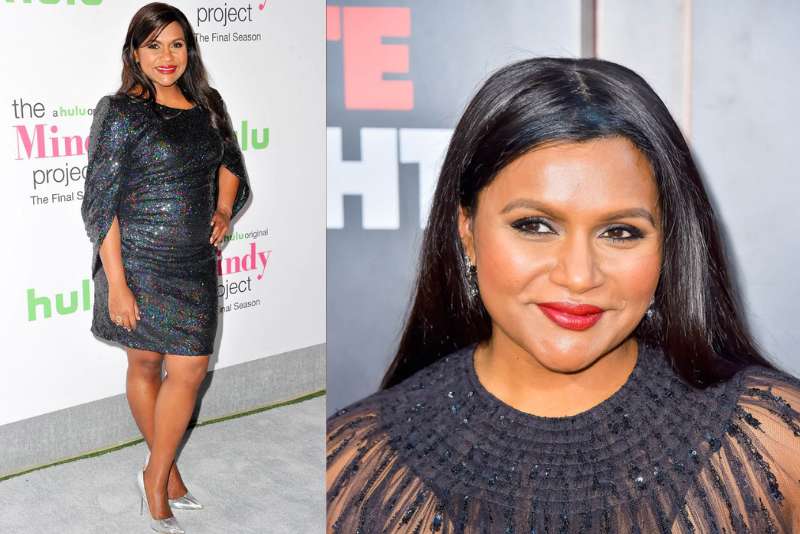
NHIE Season 4: A Bittersweet Ending Raises Questions
The journey of Maitreyi Ramakrishnan a.k.a Devi Vishwakumar in ‘Never Have I Ever’ has captivated audiences over the course of four seasons, but the final season’s neatly tied-up conclusion leaves some feeling conflicted. Created by Mindy Kaling and Lang Fisher, the series has followed Devi’s ups and downs, showcasing her as a relatable work-in-progress. However, the sudden transformation and success she experiences in the last episode raise questions about the show’s relatability and narrative stretch.
A Pattern of Ups and Downs
Throughout the series, Devi has followed a pattern of excelling in one area of her life while stumbling in another. This dynamic has been a consistent theme, showcasing the complexities of her journey. However, as the show approaches its end, Devi undergoes a surprising transformation, achieving her dreams and finding love. This departure from the established pattern raises questions about the show’s relatability and narrative stretch.
Seeking a More Relatable Ending
The idea of concluding the show one episode earlier is proposed as a means to maintain the relatability of Devi’s journey. Her therapist’s recognition of her progress in overcoming trauma and her exploration of internal validation through her essay could have provided a more fitting and logical ending to her story.
Challenges of Having It All
The show’s underlying message about the impossibility of having it all and the need to live without judgment or entitlement is an important theme. However, even when viewed through this lens, the series finale encounters some bumps along the way. Instances like Devi referring to her lehenga as a sari perpetuate ignorant stereotypes, reducing her triumphs to forced narrative tropes.
Also Read: Panchayat Season 3 Release Date Finally Revealed!
A Groundbreaking Representation

‘Never Have I Ever’ emerged as a groundbreaking series that provided much-needed representation for Indians in Western media. Mindy Kaling, renowned for her contributions to popular sitcoms, brought an Indian perspective to American pop culture. The show successfully shifted the focus from cultural identity to portraying the universal challenges faced by a teenage girl in a competitive Gen-Z world.
Devi’s Imperfections and Self-Discovery

Maitreyi Ramakrishnan’s portrayal of Devi, with her charismatic vulnerability, resonated with audiences. In the fourth season, Devi’s struggles to navigate relationships and self-discovery as she aims to become a “sexy-successful senior” are filled with her signature screw-ups. The show maintains its humor, incorporating pop culture references that add to the enjoyment, although some references may miss their mark.
Breaking Stereotypes and Depth of Character
Mindy Kaling strikes a delicate balance between self-deprecating humor and challenging stereotypes, contributing to the show’s appeal. Poorna Jagannathan’s portrayal of Nalini, Devi’s single-parent NRI mom, brings depth and vulnerability to the character. The possibility of a spin-off exploring Nalini’s story with an Indian actor providing narration sparks intrigue among viewers.
The Impact of ‘Never Have I Ever’
As fans bid farewell to ‘Never Have I Ever,’ the show’s neatly tied-up finale prompts contemplation about the fine line between a satisfying conclusion and the desire for relatable narratives. Despite the questions raised by the final season, the series has undeniably made a significant impact on Indian representation in Western media.
Gangtokian Web Team, 09/06/23
















































